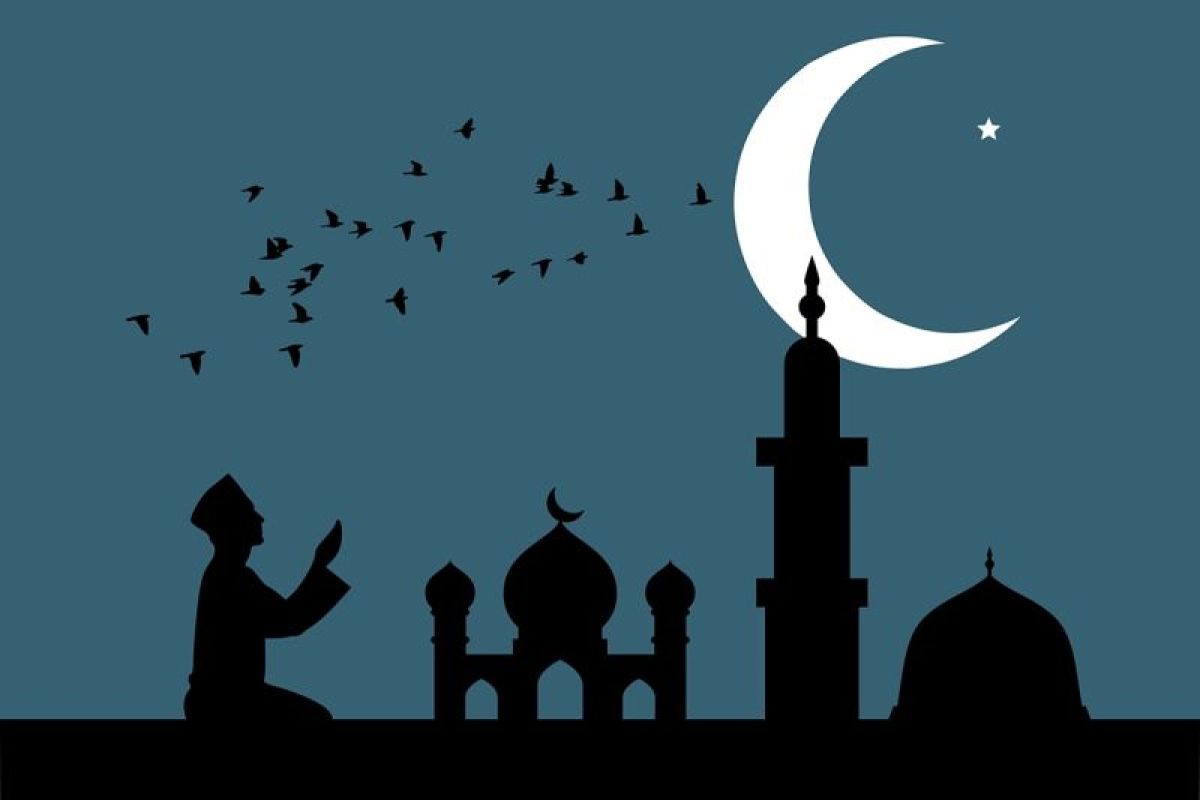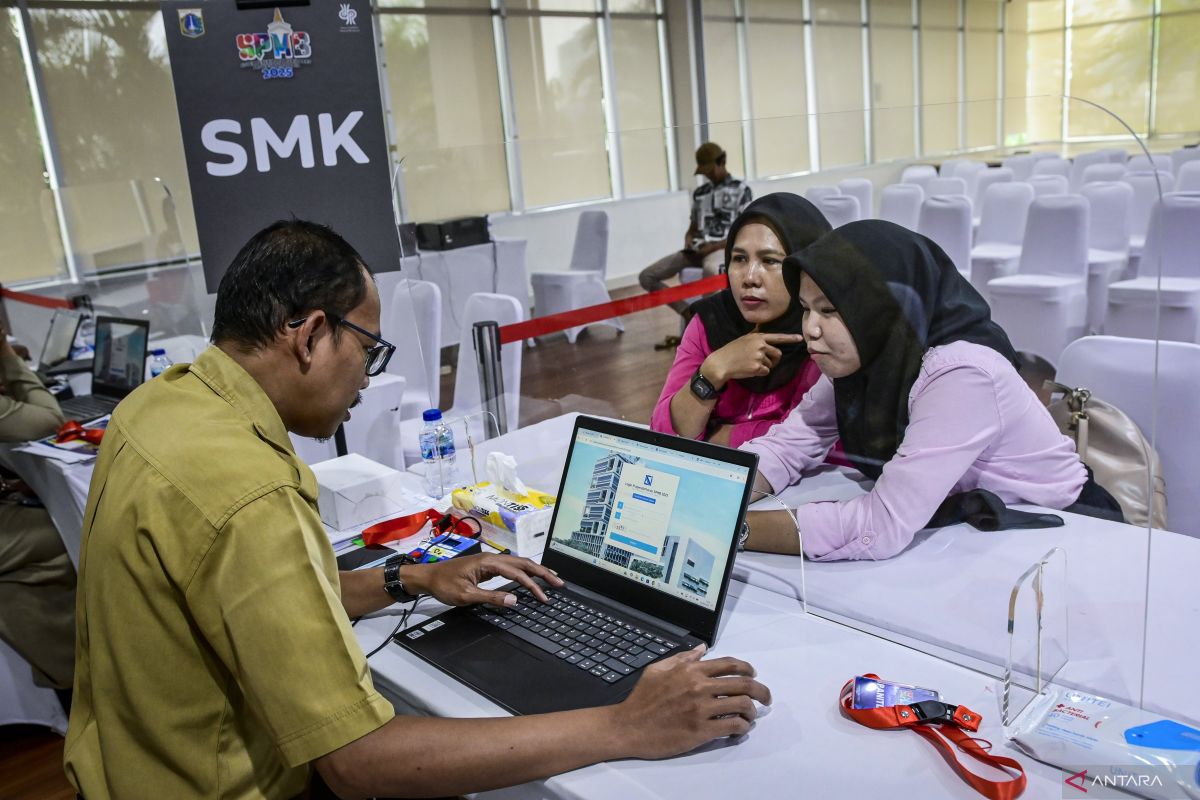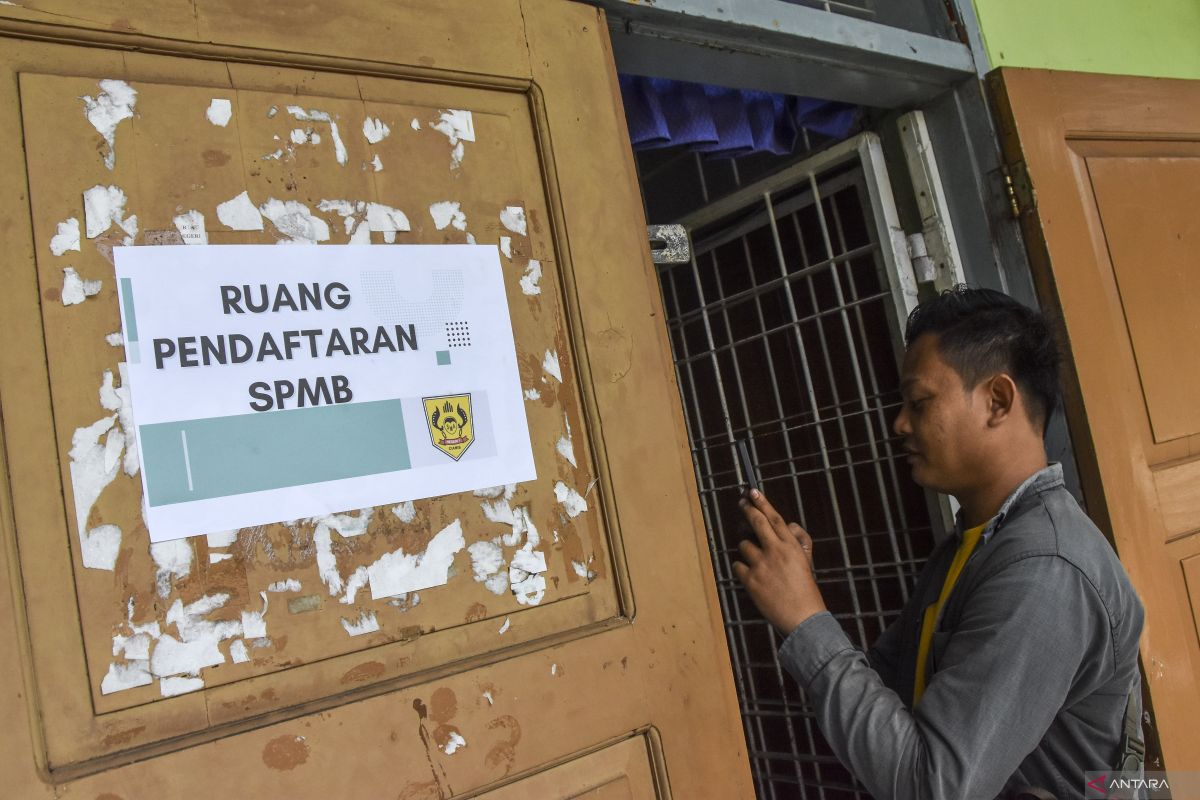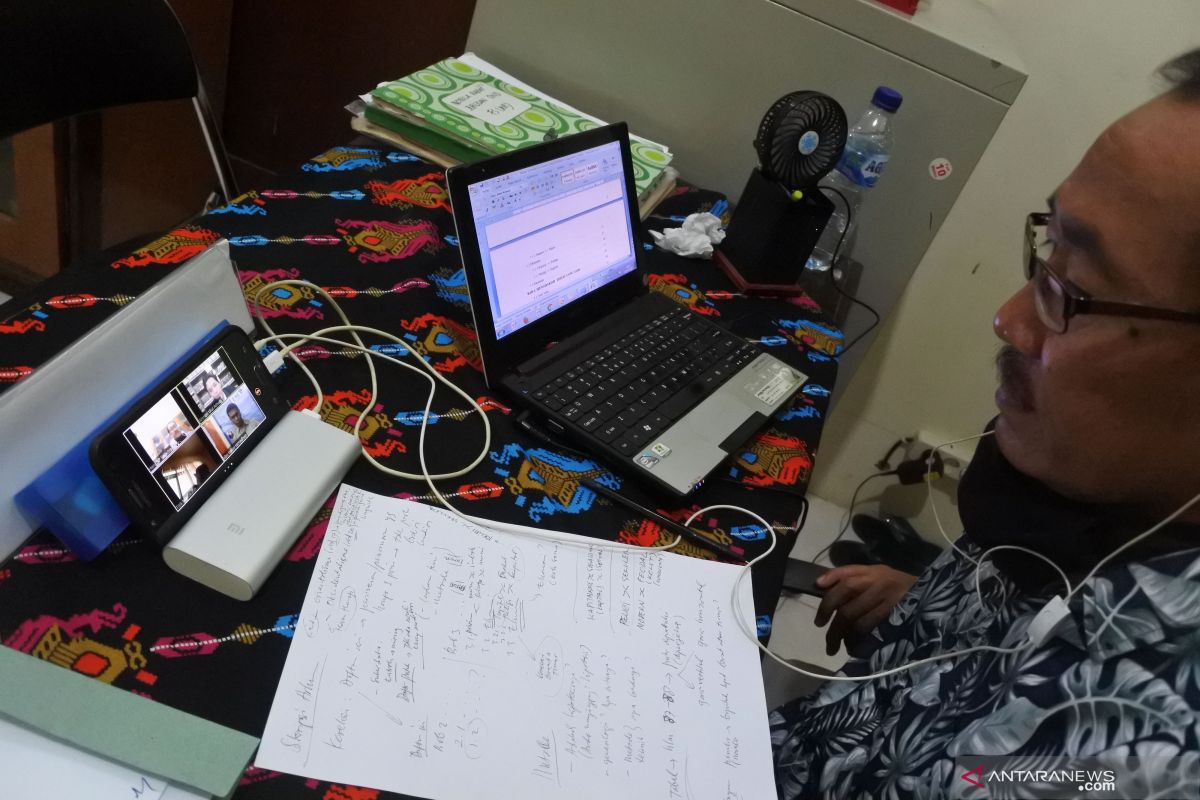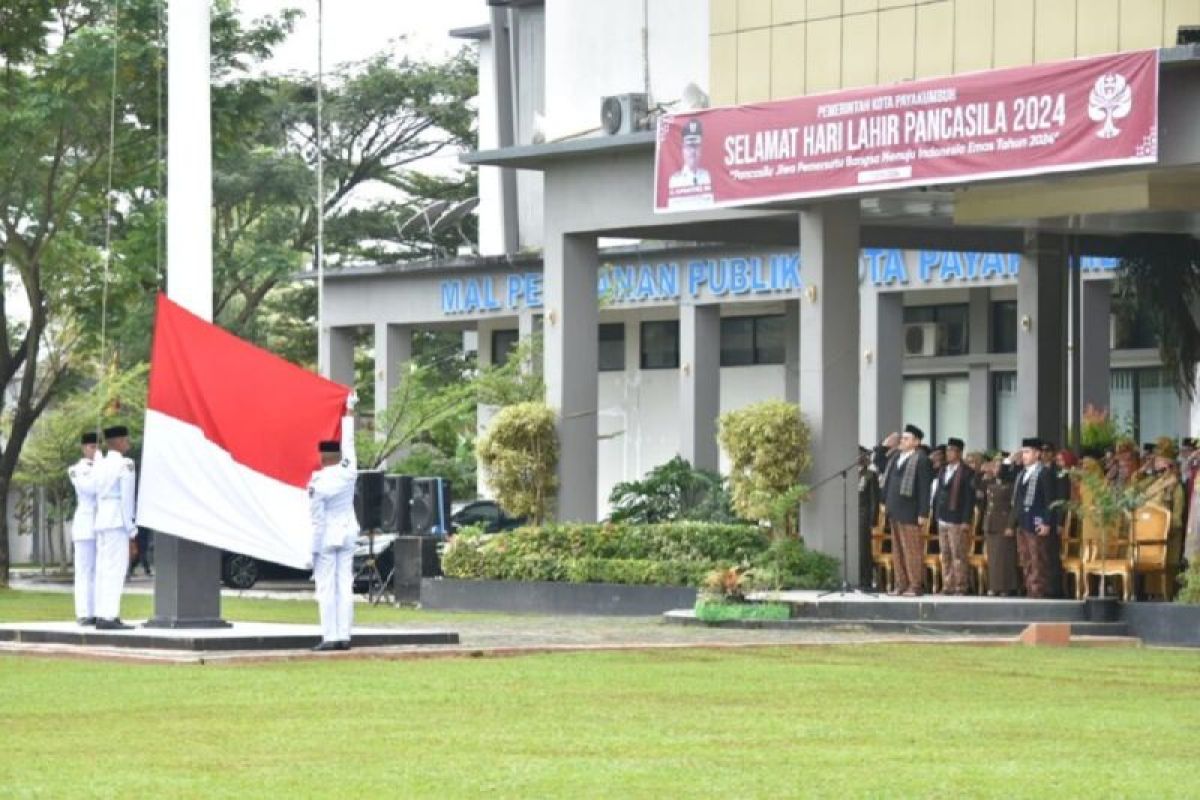Permit me to say that given the choice between an hour’s conversation with Nigel Farage or Georgia Stanway, I would opt for the 26-year-old midfielder of Bayern Munich and England, every day of the week. The last 48 hours’ debate surrounding the national team’s decision not to take the knee provides more than adequate reasoning.
The despicable racist abuse directed at Stanway’s teammate Jess Carter by low-life attention seekers from the social media swamp formed the backdrop to the team’s decision.
Farage was too busy making cynical political capital from this news - castigating the mere existence of the ‘crazy gesture’ - to extend the mildest sympathy to a besieged young woman.
It was Stanway, in the stadium where England will play a European Championships semi-final against Italy on Tuesday night, who gave eloquent voice to the fact that taking the knee seems pointless when the intellectually challenged cretins are typing out their race hate. ‘It’s not doing what we want it to do,’ she said. ’We need more change.’
She is right. Taking the knee had a value, once. It raised awareness. It triggered discussion. It brought talk about racism, and the wider abuse which rains down on those who play sport, out into the light. It gave players the confidence to contribute to a discussion, call out the abuse, describe their experience. Ten years ago, this was unknown in sport. Football, with its tedious reverse snobbery, poured scorn on those who even ventured into such territory. No longer.
But how many of today’s players can now actually state the significance - the actual derivation - of the gesture?
The Lionesses have decided against taking the knee for Tuesday's semi-final against Italy
Lioness Jess Carter said she was stepping away from social media after receiving a 'lot of hate'
Reform leader Nigel Farage rejoiced at the decision, labelling taking the knee a 'crazy gesture'
It was 2016 when Colin Kaepernick decided to kneel during the playing of the US national anthem before an NFL pre-season game, in protest against a string of police killings of unarmed black citizens in that country. The younger members of the England squad were still primary school pupils at the time.
A gesture only impacts for as long as it provokes thought, strikes a chord, makes people sit up and look. When it becomes routine, an incidental part of the pre-match ritual, it loses that value and becomes part of the lethargy and complacency which it was designed to kick against in the first place. This is what taking the knee has become. A self-affirming moment, designed to make us all feel a little better about a problem which remains a stain on sport and the wider public sphere.
Some have depicted the gesture as Marxist - a form of expression for a malign movement that wanted to defund the police - and brought it into our culture wars. Hence Farage’s salivation this week over the England team’s decision. Ever the eye for the opportunity.
For me, it has been none of those things and propagators of such theories would do well to examine the facts around the story of Kaepernick on the San Francisco 49ers Levi’s Field on a September afternoon nine years ago. He knelt, rather than sat, incidentally, in an attempt to maintain respect for America’s military as that anthem played.
A little basic research would certainly have helped the former Foreign Secretary Dominic Raab, who in attacking the gesture once said he thought it had been taken from ‘Game of Thrones.’
Stanway and her teammates have no particular notion as to what gesture, if any, might follow in the place of the one they are passing up. And neither is it up to them to find one.
‘It’s not doing what we want it to do,’ midfielder Georgia Stanway said. ’We need more change’
NFL star Colin Kaepernick decided to kneel during the playing of the national anthem in 2018
Marcus Rashford, Bukayo Saka and Jadon Sancho were subject to racist abuse after Euro 2020
Sport’s most powerful challenge to the haters in recent years has come from individual players. Who could forget Marcus Rashford’s 400-word Instagram post after the penalty miss in the 2021 European Championship final had brought the same hate on him, Bukayo Saka and Jadon Sancho that Carter is experiencing now. ‘I will never apologise for who I am,’ Rashford declared in that powerful assertion of identity and self.
We can only hope that there will be many more like him out there because there is no material evidence that we are driving out the hate which the more optimistic felt that taking the knee was consigning to the past. ‘It’s really sad that we have to be occupied by this,’ said Stanway’s manager Sarina Wiegman, who took the wider view of her defender’s experience. ‘It is ridiculous and disgusting what is happening. And that goes beyond football.’

 2 months ago
14
2 months ago
14
































